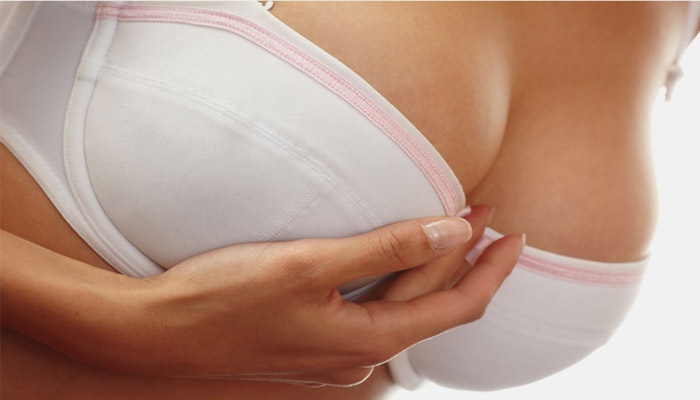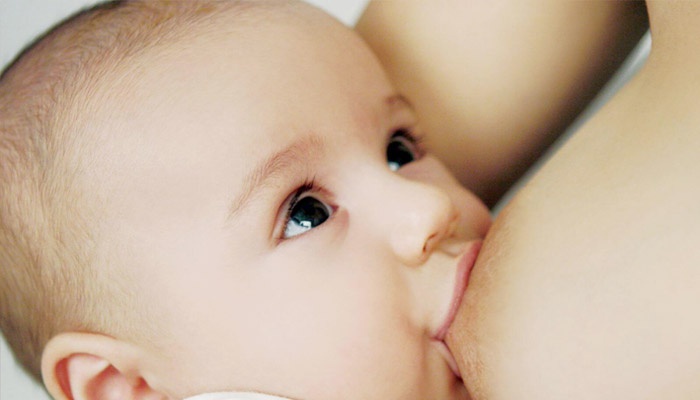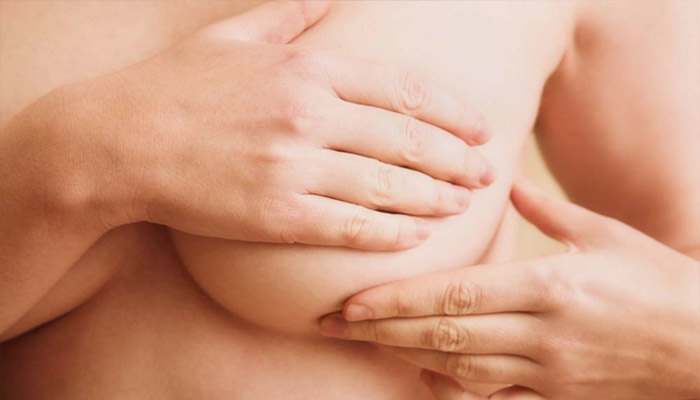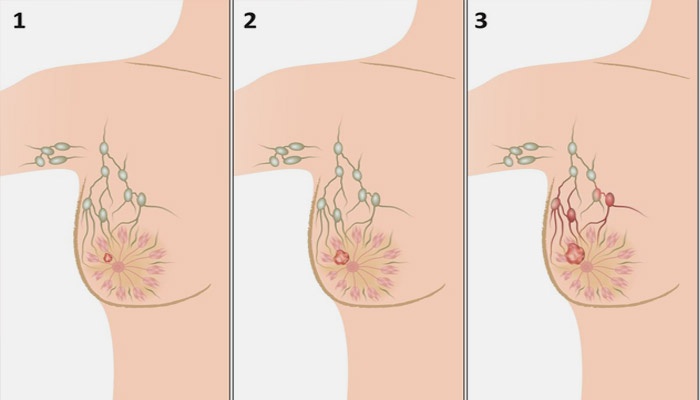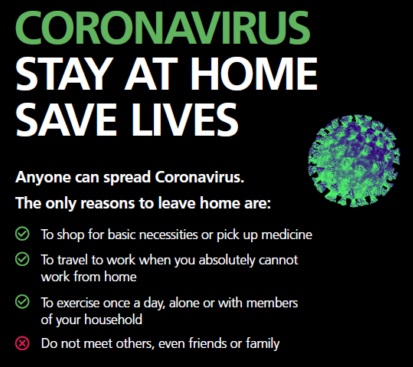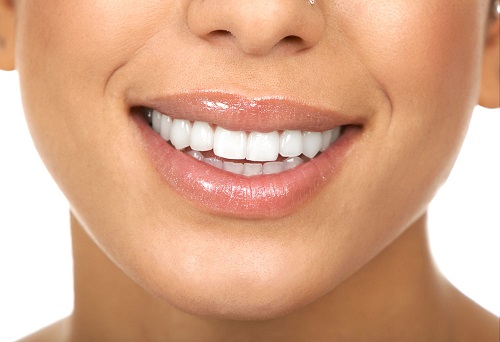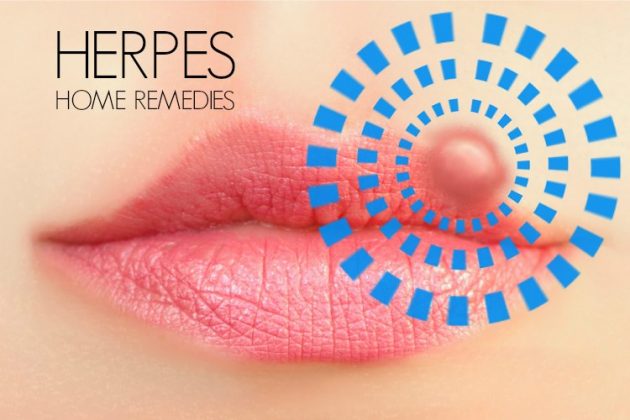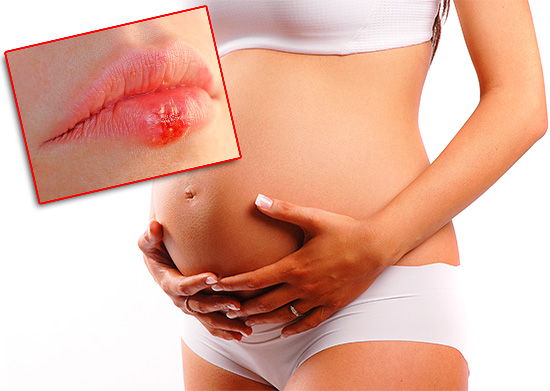Content
- Why does breast pain
- Natural causes of pain
- Possible diseases
- Which doctor should I contact if my chest hurts
Pain in the mammary glands is called mastalgia – a symptom that sometimes worries 2/3 of women. As a rule, it occurs at a young age when the girl is still in a reproductive state. However, in postmenopausal women, this condition can also be observed. Why do breast glands hurt? The nature of the symptom can be different: justified by physiological processes, hormonal disruptions, mechanical damage, the development of a disease. If pain occurs, consult a doctor.
Why does breast pain
The mammary gland is an organ for the development of which sex hormones are responsible. This explains that any hormonal imbalance can stimulate soreness in the chest area. Before menstruation, the female body tries to maintain the possibility of pregnancy in this period. The level of hormones is increasing. For this reason, inflammation of the mammary glands occurs, as a result of which they enlarge and constantly ache. The symptom disappears immediately after the end of menstruation, and the mammary glands become soft again and have the same size..
If a woman in the middle of the cycle has breast pains, and there is discomfort in the lower abdomen – this is due to the process when the hormones remove the eggs. Such pains disappear after ovulation. Hormones play an important role, having a decisive influence on the function of the mammary gland. If the level of progesterone decreases simultaneously with an increase in the number of estrogens, various pathologies develop: cystic diseases, mastopathy, breast cancer.
Natural causes of pain
Why can the mammary glands hurt? Mastalgia is divided into cyclic and non-cyclic. The first is associated with the menstrual cycle, the second is not related to the physiological processes taking place in the female body. Non-cyclical pain often indicates damage (trauma) to the muscles, but the breast may seem to hurt a woman.
Cyclic pains, as a rule, cover both mammary glands, spreading to its outer and upper parts. This is accompanied by symptoms such as swelling, swelling, irritation of the ducts. Moreover, women talk about the feeling of chest fullness, as if it had become heavier. How to recognize:
- pronounced cyclic pain in the last week before the onset of menstruation;
- occurs in 70% of women before menopause.
Non-cyclic type pain often affects only one breast, localizing in a specific place. Less commonly, the symptom is diffuse, affecting the entire mammary gland, up to the axillary region. Such pain is described as burning. As a rule, non-cyclical symptoms occur after the age of 40 years, and cyclic symptoms can occur in the period from 30 to 40 years.
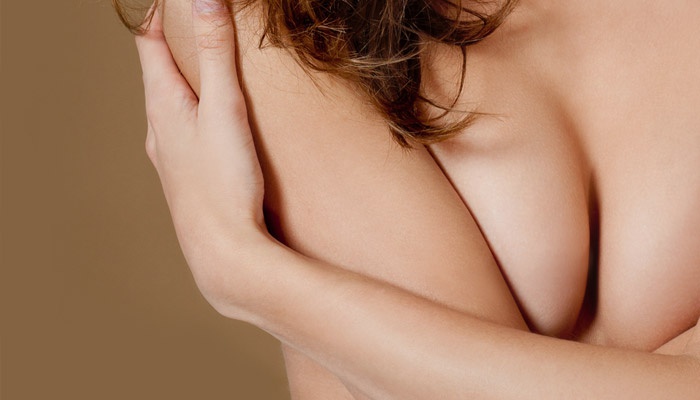
In girls
Adolescents 10-12 years old often feel soreness in the area of the mammary glands – this is a sign of the onset of sexual development. At this age, an increase in the amount of estrogen produced in the female body begins, the formation of secondary sexual characteristics, including mammary glands. The chest hurts because the capsule of the gland begins to stretch quickly, as a result – the connective tissues do not have time to grow as fast. There are pains, because the mammary gland is constantly in a compressed state. A sign of the onset of sexual development is swollen nipples.
Among women
The reasons why female mammary glands hurt can be different. For example, an unpleasant symptom can cause an imbalance of fatty acids in the tissues of the breast, as a result of which the sensitivity of cells to hormones increases. In addition, cyclic pain can be associated with the use of contraceptives or hormonal drugs with which infertility is treated. The cause of breast tenderness can be the use of progesterone and estrogen. This explains why some women have breast pain even during menopause, when they are forced to drink hormones..
Cases were recorded when pain in the mammary glands occurred due to the use of antidepressants. If shoots and stabs in the chest, it is often associated with diseases of the circulatory system (problems with coronary vessels). If you have a stabbing sensation, you need to urgently consult a doctor. The most common reasons why women have breast pain are described below..
When feeding
Lactation is the period of milk production in a woman after childbirth to feed the baby. At the same time, the breasts of many girls increase by 1-2 sizes, become heavy (poured). During the first week of feeding, the nipple and mammary glands hurt. If the baby is not breast-fed properly, cracks may appear on the nipples. This leads to severe pain. Even with the correct application of the child, the pain does not go away, so this period should simply be waited.
Before menstruation
This is a common occurrence when the mammary glands hurt before menstruation. The symptom is not expressed strongly, therefore, does not bring serious discomfort to the woman, however, it still negatively affects her general well-being. The cause of breast tenderness is a surge in the hormone progesterone. Under his influence, the breast enlarges slightly and begins to pull, and the body aches. This symptom does not occur in all women, but only in those who suffer from other signs of PMS – headache, sudden mood swings..
After sex
If the chest hurts when pressed, this may be due to mechanical damage to the breast. The symptom often manifests itself after bruising, intense sports training, as a result of strong squeezing with tight underwear and rough caresses during sex. In this case, the breast does not require any special care or treatment. A woman should be more attentive to her body, choose the right size underwear and prevent excessive pressure on the mammary glands, warning her partner.
Possible diseases
If it is impossible to touch the chest due to sharp pain, this may be a symptom of an inflammatory, infectious process in the mammary gland. However, a woman often rises in temperature, weakness occurs. In the presence of an inflammatory process, pain is sometimes given to the shoulder blades, stomach or armpits. They can be sharp, aching or shooting. In addition, the chest sometimes hurts as a result of:
- thyroid disease;
- heart diseases;
- development of breast osteochondrosis;
- inflammation of the shingles;
- cysts;
- furunculosis.
Mastopathy
Women develop non-cyclical pains often due to mastopathy. This is a disease in which cystic growths occur in the mammary gland. Mastopathy does not occur suddenly, but develops over the years. The cause of the development of the disease is hormonal disruptions that were stimulated:
- neurosis;
- abortion
- pathology of the thyroid gland;
- irregular sex life and other causes.
In the female breast, physiological processes are disturbed. Epithelial tissues begin to grow and squeeze the processes of nerve endings. This becomes an obstacle to the normal outflow of secretion in the mammary glands. During the pathogenic process, deformation of the lobules of the gland occurs. If you have these symptoms, you should immediately visit a doctor:
- With palpation and palpation of the breast, a woman finds firm seals (bumps).
- The pain manifests itself as a burning sensation. The breast is full..
- Sometimes slight tingling occurs.
Cyst
Fibroadenoma is a tumor-like formation that looks like a capsule with a clear outline. The breast cyst is characterized by tenderness of the chest, secretions of fluid from the nipples, and the presence of seals. When confirming the diagnosis, the doctor prescribes an operation to remove the neoplasm. Since the cyst, as a rule, is benign, it does not destroy breast tissue and only in rare cases develops into a cancerous tumor.
Crayfish
At the first stage, the disease proceeds without pronounced symptoms. Later, tubercles (similar to cellulite) may appear at the site of the tumor. Pain in breast cancer is similar to those inherent in mastopathy. To prevent the development of the disease, a woman should be regularly examined by a mammograph. Other symptoms of cancer are:
- peeling of the nipple;
- change in its shape;
- discharge from the chest;
- peeling of the skin;
- enlarged lymph nodes;
- the appearance of nodules and seals.
Which doctor should I contact if my chest hurts
Unpleasant sensations in the chest area – an occasion to consult a gynecologist, who, if necessary, will refer you to a mammologist or endocrinologist. Consult a doctor if soreness persists after menstruation. It is time to urgently see a doctor if the pain is severe and gradually its level rises. In case of discomfort in one particular place, if this interferes with everyday activities or wearing the usual clothes, a medical consultation is also necessary. Urgently call a doctor if, along with other symptoms, you have increased body temperature.






